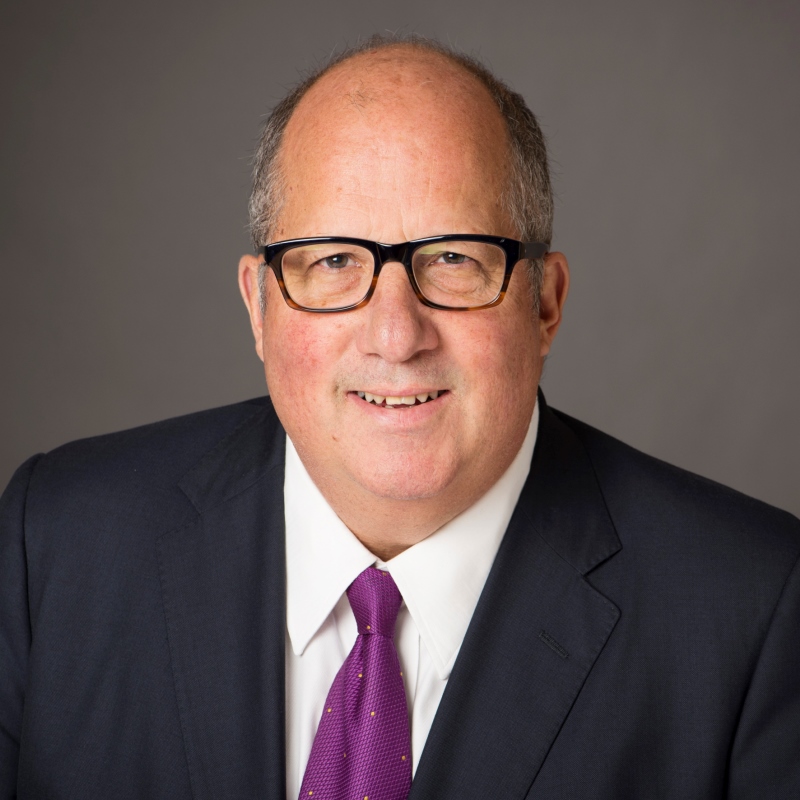 As Executive Vice President & Chief Executive of Metro New York at AECOM, Chris Ward leads strategic growth and profitability of the AECOM Design and Consulting Services group in the New York City Metro area. His areas of responsibility include transportation, water and wastewater, environment, power, and buildings and places, which encompasses more than 1,600 architects, engineers, scientists and support staff.
As Executive Vice President & Chief Executive of Metro New York at AECOM, Chris Ward leads strategic growth and profitability of the AECOM Design and Consulting Services group in the New York City Metro area. His areas of responsibility include transportation, water and wastewater, environment, power, and buildings and places, which encompasses more than 1,600 architects, engineers, scientists and support staff.
Ward’s 30-plus-year career in infrastructure and government comprises experience in both the public and the private sectors, including a successful tenure at the Port Authority of New York and New Jersey where he led the effort on the World Trade Center project and executed the turnaround at the site by implementing creative engineering solutions — delivering on a commitment to open the 9/11 Memorial by the 10th anniversary.
Earlier in his career, Chris Ward served in the first term of the Bloomberg administration in New York City, leading the Department of Environmental Protection in a robust expansion of its capital plan. Previous roles also included managing director at the General Contractors Association of New York, Inc., and chief executive officer of American Stevedoring, Inc.
Fundamental Changes to the Way Americans View Cities
I think there are a variety of very seismic forces that have been occurring in the American economy and America culturally which are driving to questions about cities. Historically, America has always understood itself and its future somewhat within the model of moving away from town, moving away from cities. That all has now flipped itself on its head in that more and more people are now moving back into cities. They’re staying in cities and cities are growing in ways that we probably didn’t expect 20-25 years ago when the suburban model or the exurban model was where we thought our future was going to be. That is a huge cultural shift for the United States.
If Infra Disasters Don’t Motivate Us, What Will?
A disaster is not yet capable of motivating people to rally behind infrastructure. This has been true of America for years…I think that Americans are slowly, inevitably going through a cultural shift that recognizes that their future, and the quality of their life, and their economic life is so inextricably now tied to the health of cities and cities are fundamentally defined by infrastructure that you’re beginning to see the little sprouts across the country—on a local level, not on a federal level—where people are willing to pay for the kind of things that they need to build a better city. Seattle passes a $52 billion bond act for mass transit. LA does the big $150 billion. Denver’s done it. I think, slowly, that cultural awareness and knowledge is emerging.
Infrastructure Is Not a Standalone Problem
The problem is until Americans see infrastructure as an economic driver to help solve those other economic problems, transportation and infrastructure get pushed out. People think about their healthcare, their educations for their children, their long-term retirement and pensions. By the time you hit infrastructure, everyone’s exhausted and they think it’s this separate standalone problem that, well, if we had the money, we’d really be able to take care of it.
Leveraging Technology for 21st Century Funding
To me, the number one challenge…is fundamentally that we need a new model for funding. We need a way to think about how you take wealth out of the economy and apply it to the things we really need. We’re still stuck in pricing models—taxation, tolls—that are very much post World War ll and are not yet really the 21st century. I think we need to see a wave of creativity in terms of technology helping us pull money out of the economy the way tolls used to. Tolls have now reached the end of their useful life. You properly can’t raise tolls in the New York-New Jersey region any further; the public just won’t put up with it. We have to find more creative ways. I think if people are honest, you can do that. I think technology gives us an opportunity to answer that question.
Download full transcript (PDF): Chris Ward on The Infra Blog
Tags: AECOM, Chris Ward, Christopher O. Ward, New York, New York City, New York Metro, NY






 RSS Feed
RSS Feed